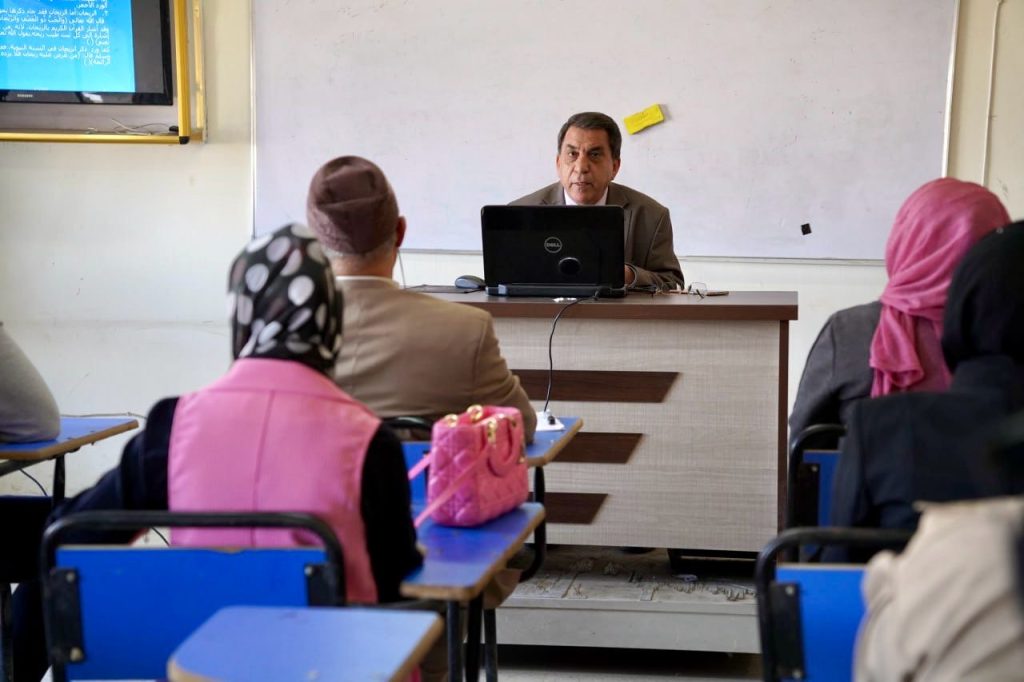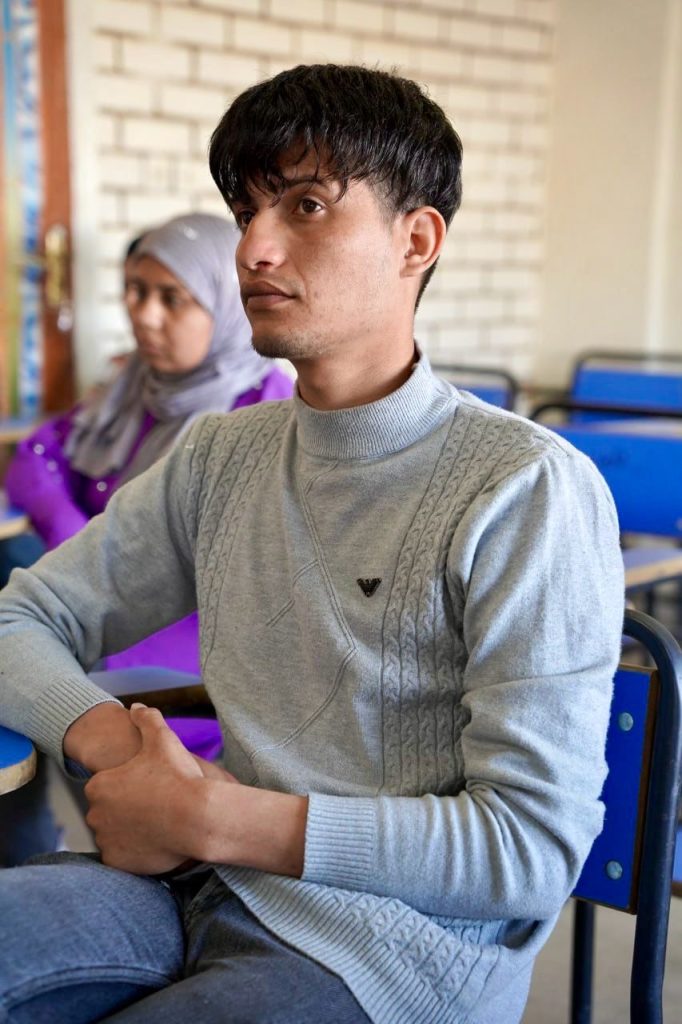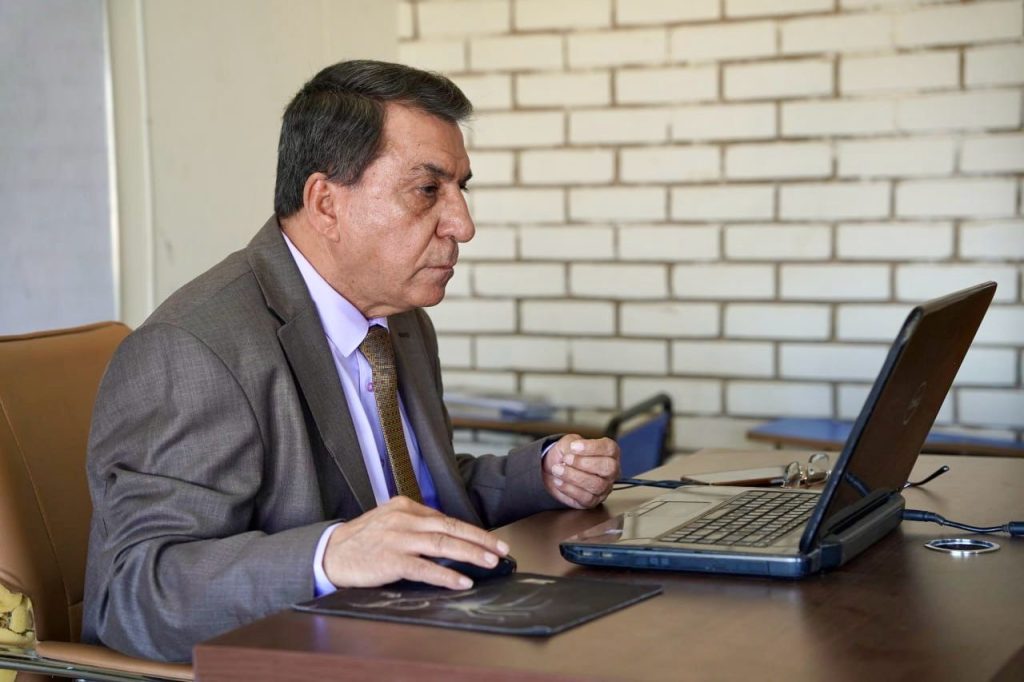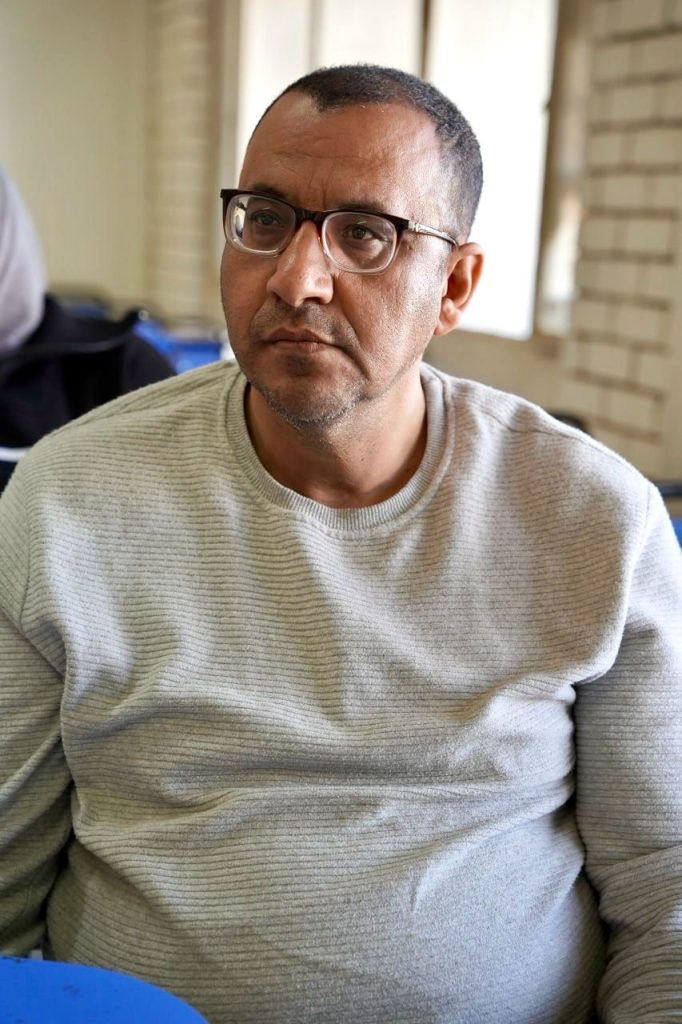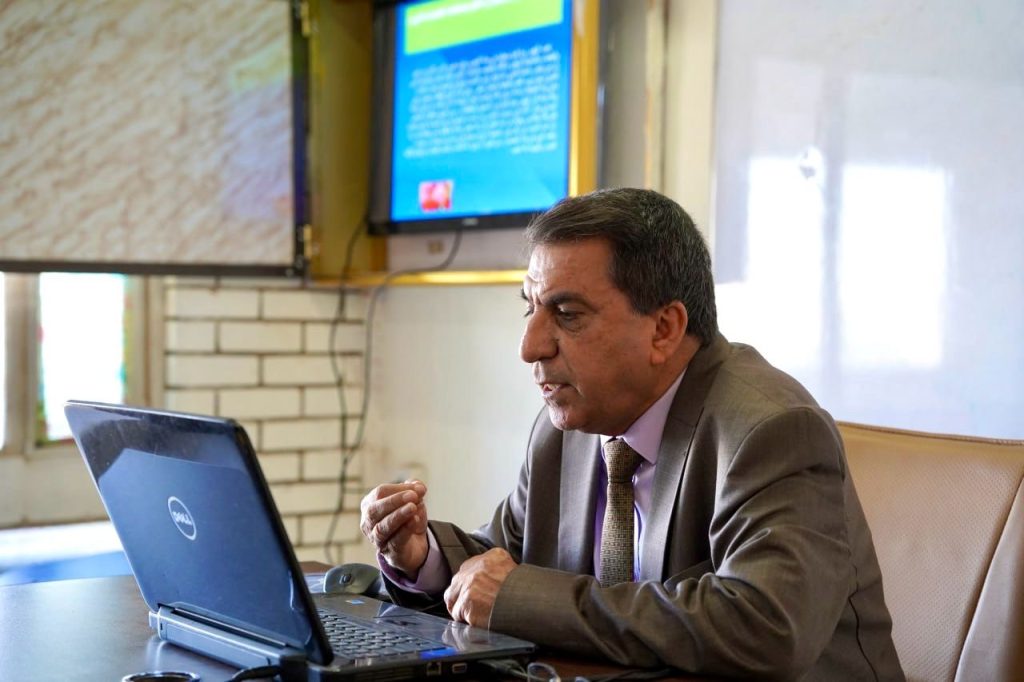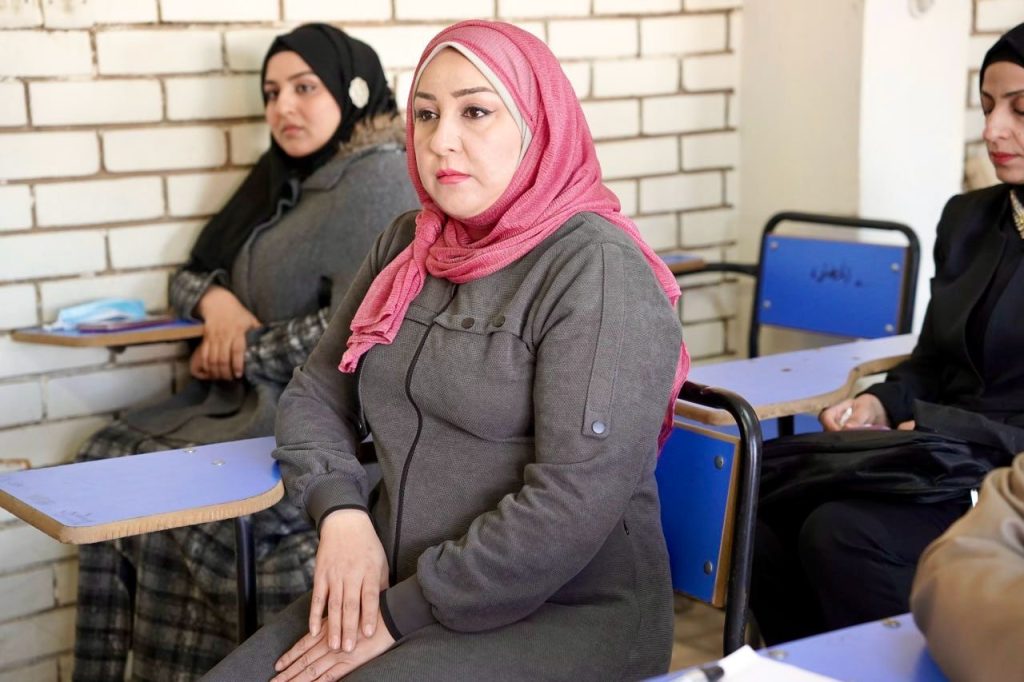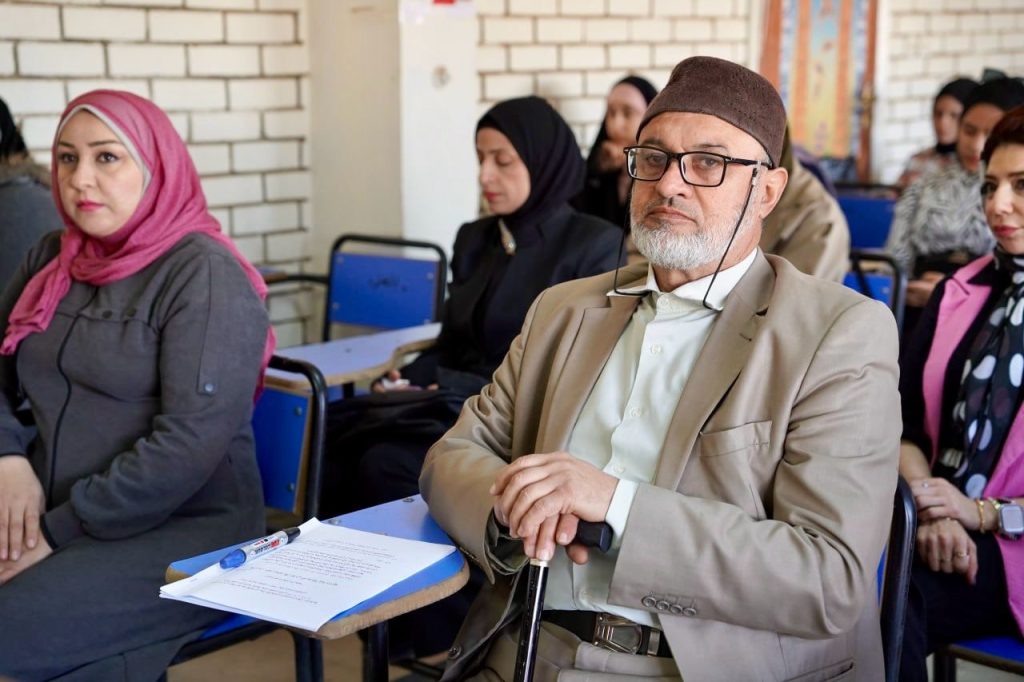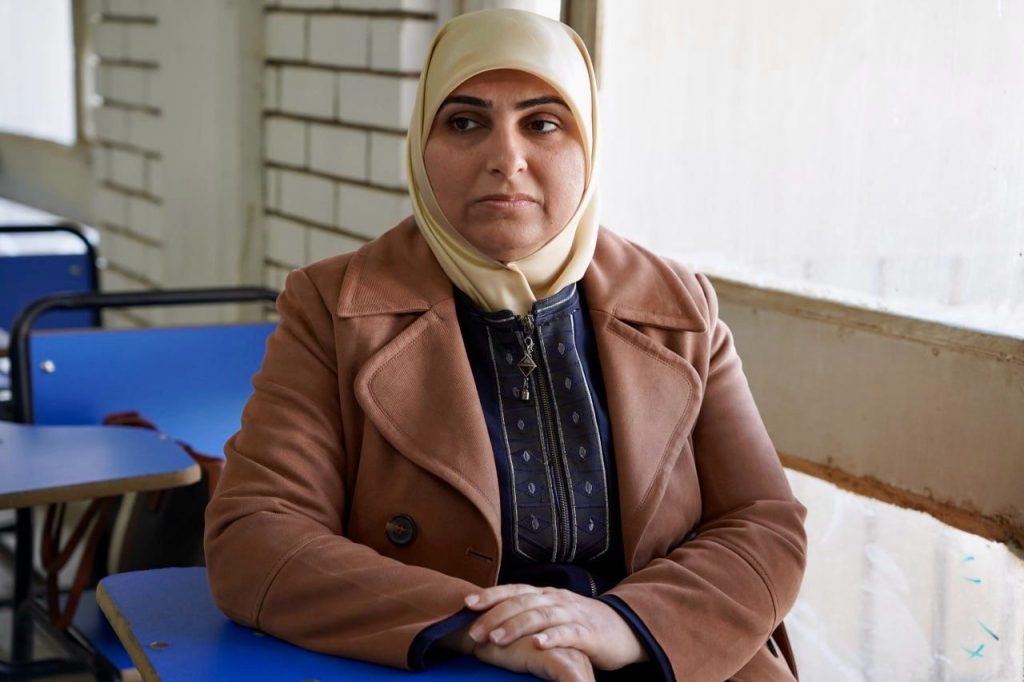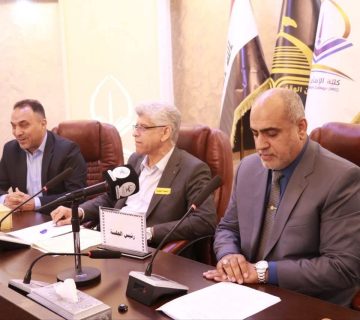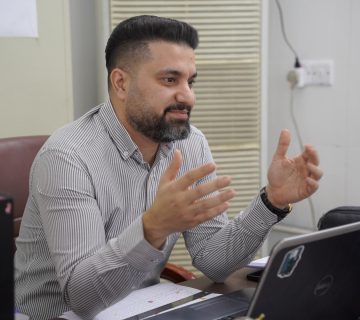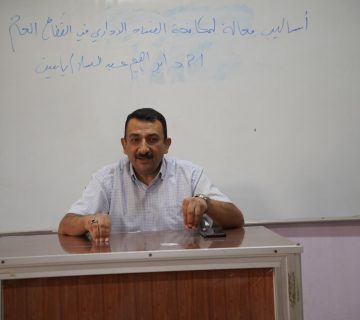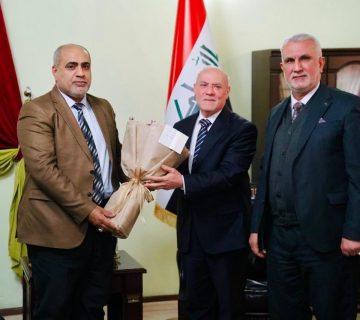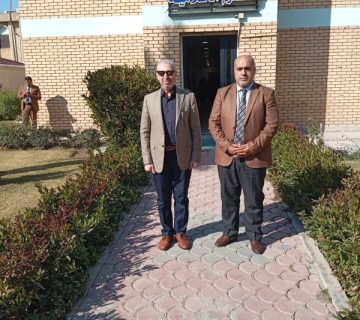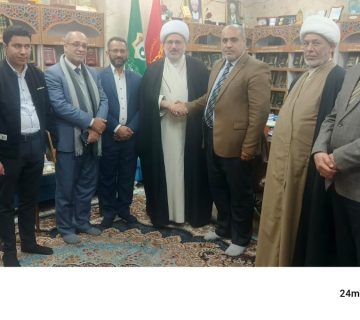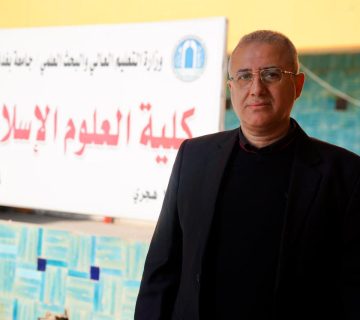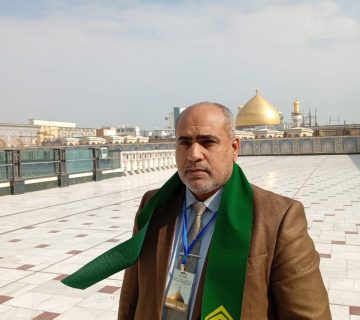In celebration of National Tree Planting Day, the College of Islamic Sciences at the University of Baghdad organized a distinguished scientific lecture titled “Roses and Flowers in Arab-Islamic Civilization.” The lecture was delivered by the head of the Islamic Civilization Department at the college, Professor Dr. Khalil Al-Zarkani, in the presence of a select group of academics and students.
During the lecture, Dr. Al-Zarkani highlighted the importance of roses and flowers in Arab-Islamic civilization, shedding light on their presence in the Quran and the Hadith, and their role in various aspects of social and cultural life. He also discussed the deep symbolism of roses and flowers in Islamic literature, poetry, and arts.
Dr. Al-Zarkani praised the role of the College of Islamic Sciences in promoting environmental awareness and enhancing the culture of tree planting, emphasizing the importance of this practice in preserving the environment and improving the quality of life.
In response to this lecture, the Dean of the College of Islamic Sciences, Professor Dr. Ahmed Abdullah, stated: “Organizing this lecture is part of the college’s commitment to raising awareness about the importance of the environment and its preservation, and promoting a culture of tree planting among students and the community as a whole.
He added: “The College of Islamic Sciences places great emphasis on the environmental aspect, through organizing informative events and lectures, and launching tree-planting initiatives, believing that the environment is a collective responsibility that everyone must undertake.”
On their part, the students expressed their great benefit from the lecture, emphasizing the importance of roses and flowers in their lives, and pledging to participate in tree-planting campaigns to preserve the environment. This lecture marks an important step by the College of Islamic Sciences in promoting environmental awareness and enhancing the culture of tree planting, believing in the significance of this practice in preserving the environment and improving quality of life.
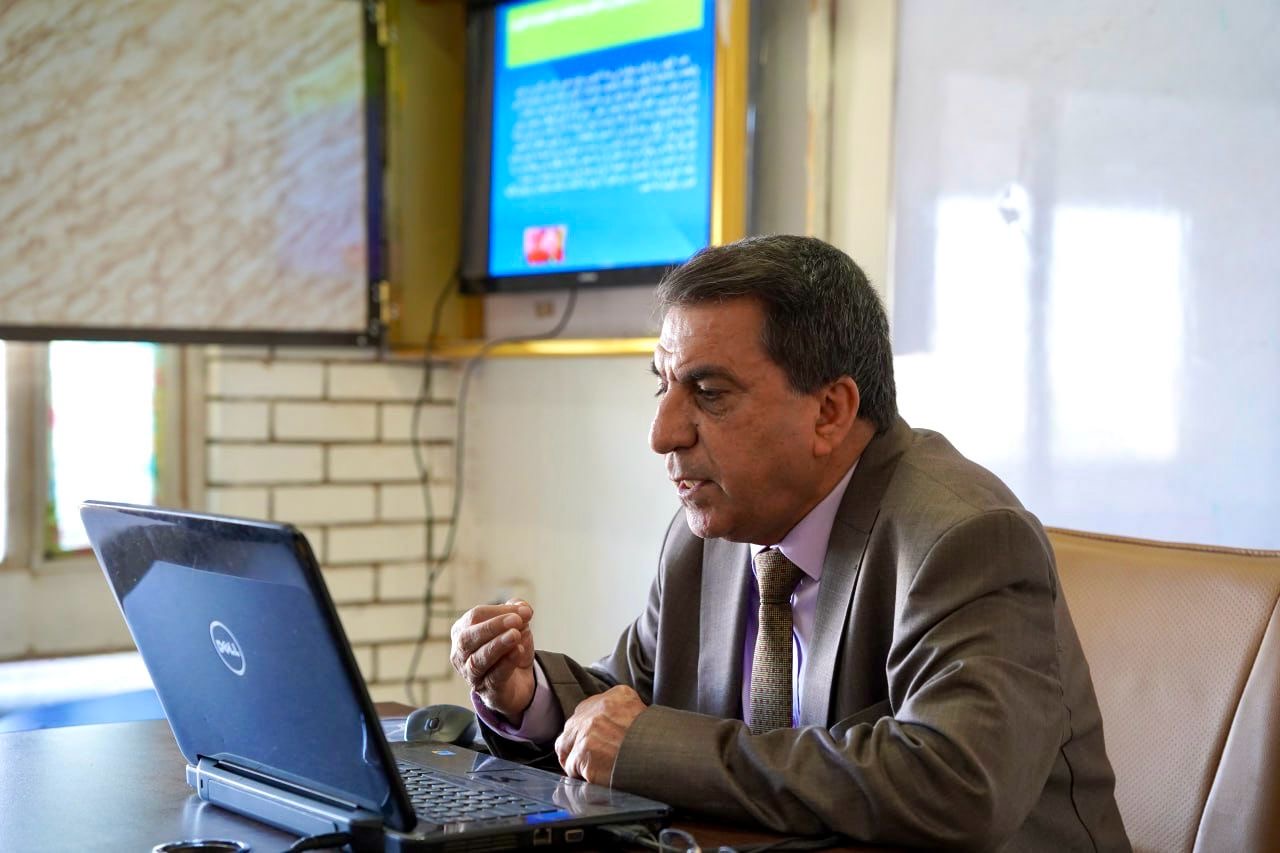
Comments are disabled.


